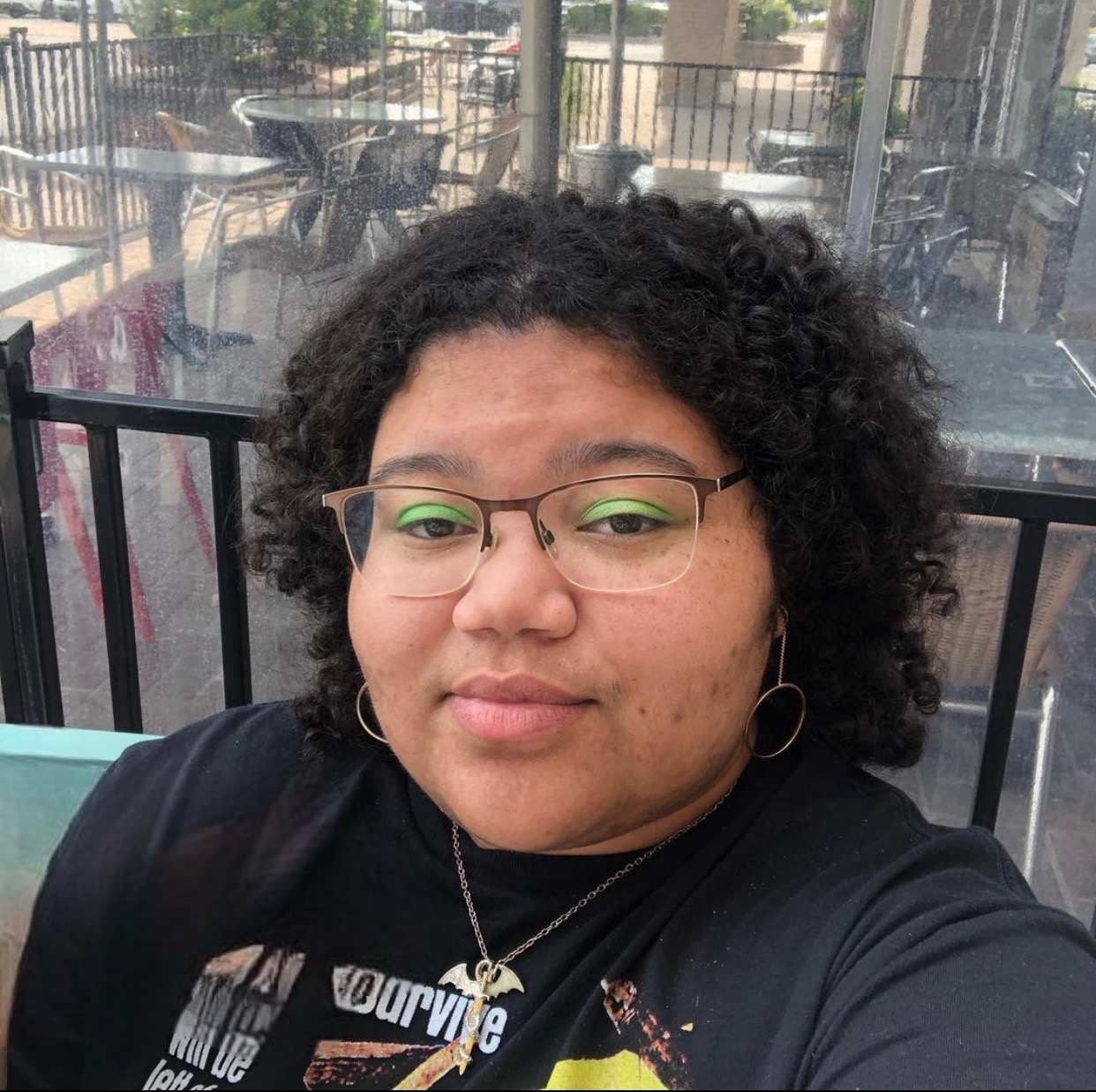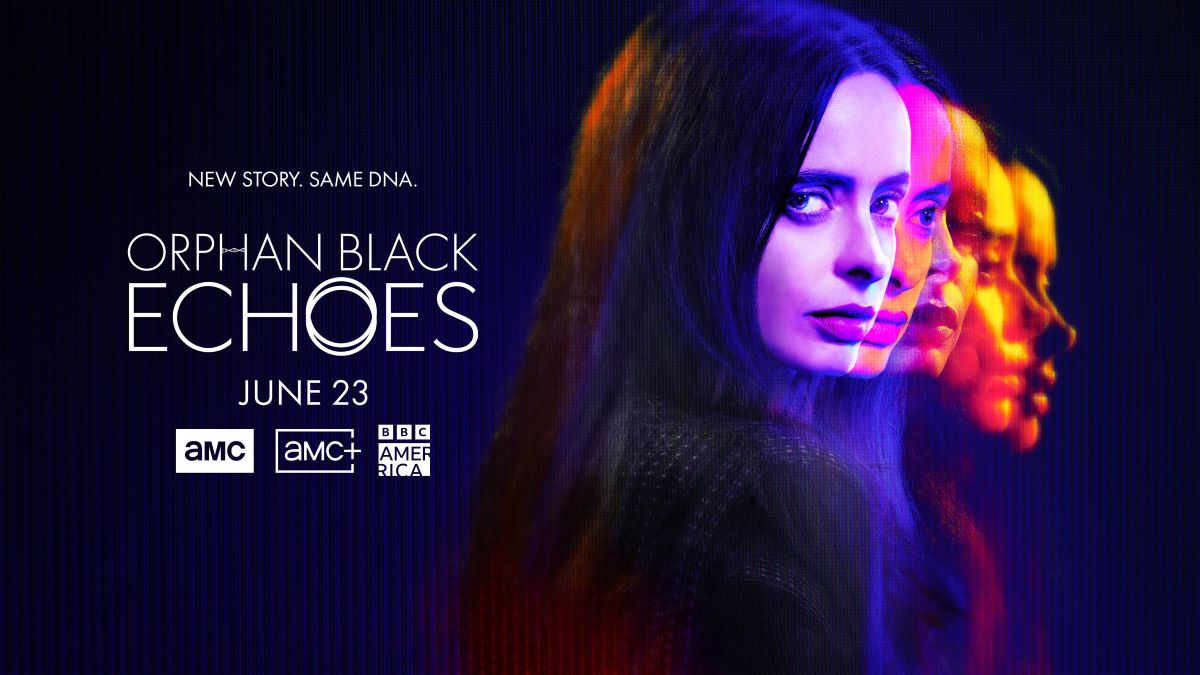“Orphan Black” was a series that took the television industry by storm. It boasted an ensemble cast of characters, nearly all played by Tatiana Maslany. Although it often went off the rails, it remained an engaging science fiction story throughout its five seasons. The show debuted in 2013 at a time when it felt rare for a small sci-fi show to garner such a large fanbase. Despite this, its fantastic lead performance(s), themes surrounding identity, and queer representation aided in making the show as successful as it was.
Originally announced in 2022, “Orphan Black: Echoes” takes place in the same universe as its predecessor, though several decades into the future. Human cloning is now illegal, but that hasn’t stopped scientists from creating what are now called “printouts.” The series begins with Lucy (Krysten Ritter) waking up in a room where a therapist (Keeley Hawes) sits opposite her. After an array of questions, it becomes clear that not only does Lucy not remember what year it is, she doesn’t know who she was before she woke up. Later, she breaks out of her captivity, and it’s here that she comes across the same technology that made her, and she realizes that she may not be the only Lucy in the world.

The series has an air of mystery that allows it to feel fresh, and its opening twenty minutes are especially strong. Lucy’s neon-soaked escape set to the backdrop of Trevor Yuile’s immersive score makes it feel like we’re watching something vibrant, albeit still familiar. After finding a home with a man named Jack (Avan Jogia) and his deaf daughter Charlie (Zariella Langford), her past comes back to haunt her and puts the ones she loves in danger. Thus, Lucy sets off on a journey to find out who she is, which hinges on a recurring flashback about a version of herself covered in blood and wielding a knife.
Despite the strong start, after the first episode, I couldn’t help but wonder if this is a world worth returning to. It becomes clear that there is a very thin rope connecting this series to the greatness of its predecessor, and it never really continues the intriguing pace present in the pilot. The series lacks almost all the pieces that aided in “Orphan Black’s” success, and “Orphan Black: Echoes” doesn’t even come close to breaking new ground like the original series did. By the end, it feels clear that the problem here is that the series doesn’t really have much to say. While we’re forced to wait for answers, there isn’t much else to keep our attention.
There’s a lack of spark not just in the writing here but also in the performances. At the heart of the original series was a career-defining performance from Tatiana Maslany, who played various clones with such significant depth that it won her an Emmy for Outstanding Lead Actress in a Drama Series in 2016. Maslany is the heart of the series, and without her, “Orphan Black: Echoes” feels like a misstep. While the original was convoluted, her presence on screen sometimes allowed the writing to take a back seat. Though Ritter delivers a serviceable performance, she doesn’t achieve what Maslany did.

This is less the actress’s fault and more on the writing, which never truly gives her a chance to make Lucy interesting. The dialogue feels incredibly stilted, forcing Lucy to feel like a poor imitation of “Orphan Black’s” Sarah Manning. If anything, it’s the character played by Keeley Hawes, whom Lucy meets in the show’s opening, that has the most interesting storyline. She has a personal connection to the story that weaves everything together, and Hawes gives the show some much-needed emotion. While the show had to focus on a printout to give it that “Orphan Black” flair, it’s a shame that Hawes’ character isn’t the central focus.
That misstep is one of the many “Echoes” takes, and after so many, the show doesn’t offer a satisfying conclusion. The series’ concerns with memory are an interesting development from its original ideas of free will, but the writing isn’t strong enough to allow this to truly take off. This spinoff feels like it’s coming not only too late but without any real care for the story or its characters.
Four episodes screened for review. Premieres on June 23rd on BBC America and AMC.












